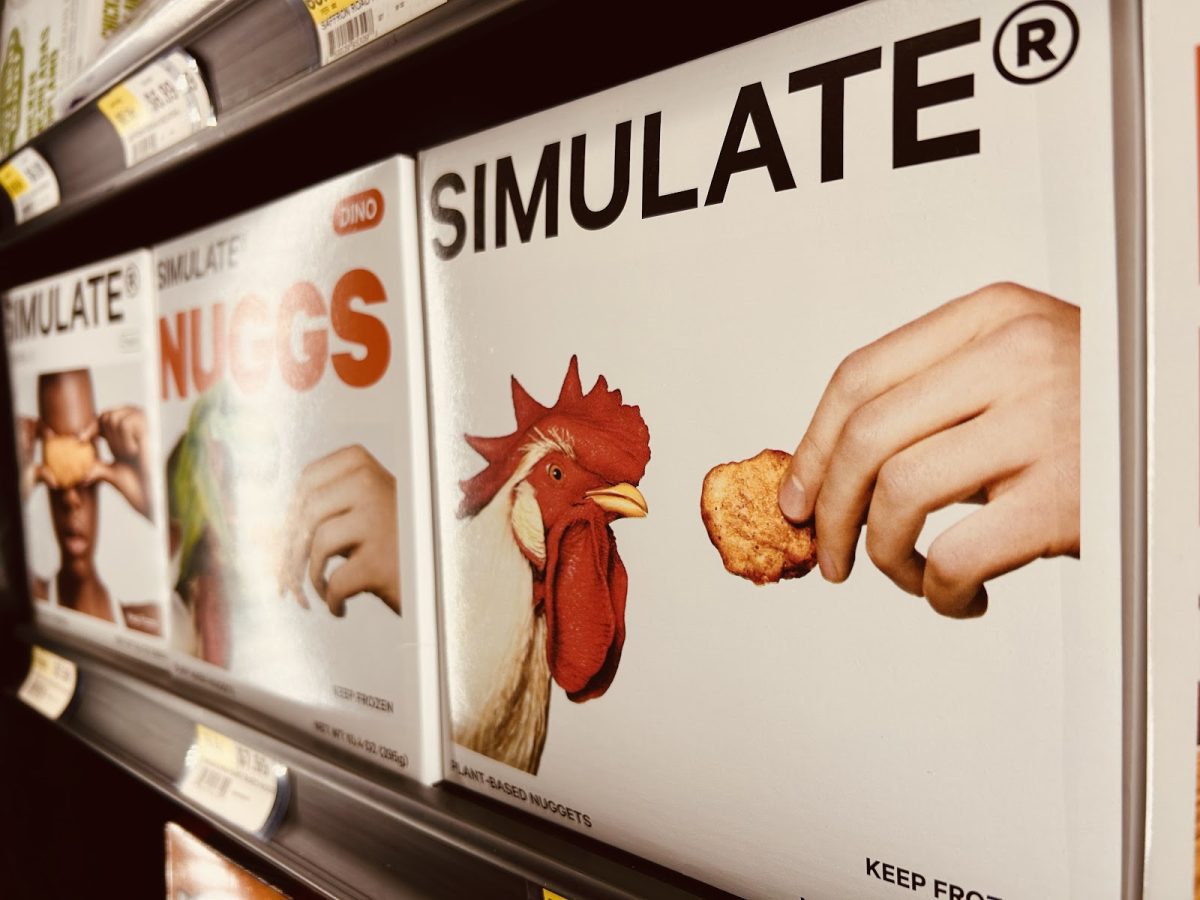While vegetarianism has been in existence for centuries, artificial meat has not always been around. The first artificial meat was created in 2013 by the Dutch scientist Mark Post. It was presented with great enthusiasm on live television as it was the first of its type. While mock meat did have positive impacts on the vegetarian community, there was still, and there continues to be, great criticism.
There are many types of mock meat, the main two being lab grown meat and mock meat based in soy. The criticism was directed specifically at lab grown meat as animal cells are used in the manufacturing process and it is therefore not considered vegetarian. While this existing complaint was solely directed at lab grown meat, there is still other criticism against mock meat.
One of the main arguments against fake meat is that it does not have a good nutritional value. According to Better Homes and Gardens “plant-based meat alternatives often contain more sodium than animal meats”- “some of them contain added sugars, artificial coloring and controversial additives like carrageenan and methylcellulose”. This seems compelling however it is necessary to see the other side of the argument.
Naturally, I checked the websites of some prominent mock meat companies such as Simulate, Beyond Meat, Incogmeato, Impossible™, Lightlife. These companies seem to have massive differences in their marketing in terms of approaching the somewhat disliked idea of mock meat. Lightlife and Impossible™ both have a very family friendly approach with warm colors and simple recipes displayed proudly on their websites, whereas other companies, such as Simulate and Eat Just (GOOD Meat), have a cold, sterile approach to fake meat. This is evident both in their packaging and their campaigns.
Looking at Simulate, specifically, their website is similar to that of an electronic company with sections proudly displaying that their products are highly processed and that the company as a whole is “pro GMO.”
The website Eat Just (GOOD Meat) shares this cold website approach. Their website is disconcerting for a different reason, almost all of the text displayed on the website is an argument attempting to convince consumers of the safety of their product. While lab grown meat is newer than artificial meat as a whole, it is disconcerting that their entire campaign is not conveying the supposed delicious taste of their product but the fact that it supposedly isn’t dangerous. When selling a product, it is more effective to demonstrate the benefits, as opposed to spending all the time disputing arguments against the product.
What is seemingly not addressed by these mock meat companies is the nutrition effects on consumers. In fact, it is close to impossible to find the actual nutrition facts of Eat Just (GOOD Meat) products on their website. The true root issue is that there is something instinctually unnatural to fake meat as it is an attempted reconstruction of a natural earthly being. No natural process will result in a genuine meat-like experience, which results in fake meat companies filling their products with highly artificial and unhealthy ingredients that can ultimately have detrimental effects to their consumers’ health.
The ingredients list goes in order of what is most used in the product. The first two ingredients of Simulates’ “nuggs” are water and textured wheat protein. The list gets more concerning as it goes on with ingredients including Niacin, Soybean Oil, Riboflavin, Modified Food Starch, Wheat Protein Isolate and more. Beyond meat burger patties are just as bad with water, pea protein, canola oil, methylcellulose, calcium pantothenate, the list goes on. According to Clean Eating Kitchen “Your immune system may take a beating from the gut-harming ingredients like soy, pea protein, canola oil, dextrose, natural flavors, and sunflower lecithin found in these fake meat products.” These so-called healthy ingredients could actually be extremely detrimental.
Mock meat is an extremely processed, still largely experimental product that is often sought out by those with dietary restrictions or vegetarians craving meat. However, for people who regularly eat meat or are content with vegetarian options, such as tofu and protein packed alternatives, mock meat and all its unhealthy baggage just isn’t worth it. A hope for the future of fake meat is that it becomes much less chemical so that it can become a healthy alternative to real meat for everyone.




























Cole Boyko • Jan 6, 2024 at 6:20 pm
Niacin and Riboflavin are concerning ingredients? Niacin is literally vitamin B3, and riboflavin is vitamin B2 lmao.